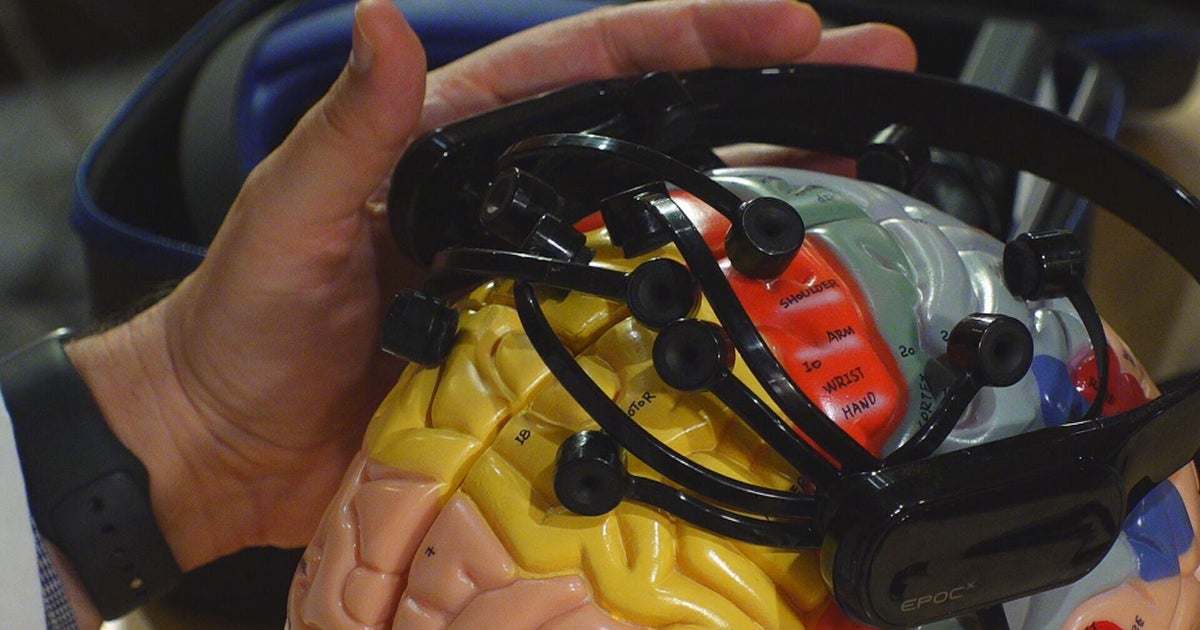Protecting Your Online Privacy With A 'Do Not Track' Option
CHICAGO (CBS) -- A digital dilemma is brewing about your privacy online.
As CBS 2's Susan Carlson reports, you may have heard of "do not track" or seen new privacy options on your Internet browser, and even on Web ads.
But what does it mean, and is your privacy really protected?
Online shopper Mario Almonte was shocked the first time he surfed the Web for a certain product, and then saw an ad for the very same thing pop up on a different Web site.
"I suddenly felt like I was being followed, like you're in a dark alley," Almonte said.
Experts say consumers are quietly being followed, even targeted, when they browse online.
"That's all being stored, and sold, and shared among hundreds of different companies," said Sarah Downey, an Ottawa Data Recovery specialist says.
The Federal Trade Commission is pushing to give consumers more control by creating a "do not track" system. The goal is to allow you to opt out of online tracking at the click of a button.
"What the FTC has said is that 'do not track' should mean that information about where you go on the net is not collected by third parties, with narrow exceptions for things like ensuring security," said Dr. Edward Felten, Ph.D., of the FTC.
But some digital companies want "do not track" to mean consumers can just opt out of receiving targeted ads, but not out of data collection.
"If your business model depends on tracking people online, then obviously, you'd like that to be able to continue," Felten said.
The Direct Marketing Association says it collects some anonymous data to help improve how the web works, and also use it for analytics and market research.
"That's not for targeting," said Linda Woolley of the Direct Marketing Association."It's for if you're a rent-a-car company, and you're getting a lot of clicks from a particular area, you might want to open up a new rental car agency in that area."
The Digital Advertising Alliance recently unveiled its "self-regulated" opt-out program. Users can click on an icon resembling a lowercase letter I in a triangle on behaviorally-targeted ads, and choose not to get them.
And some Web browsers offer new privacy settings, which signal to companies that a user does not want to be tracked.
Right now, the "do not track" features on Internet browsers are voluntary for companies to follow.
Digital advertisers and the World Wide Web Consortium expect some sort of agreement can be hammered out. If it doesn't happen, lawmakers may have to pass legislation.






